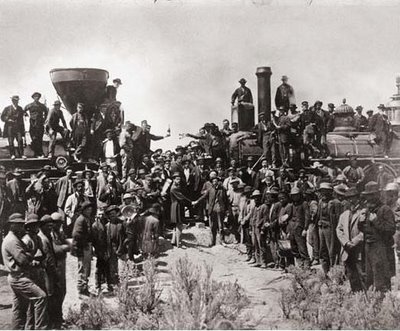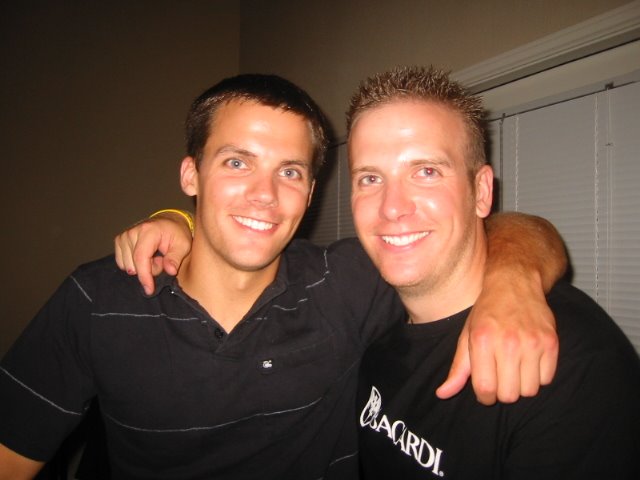Michigan has been all over the headlines this month. Needless to say, I’ve been reading more than I’ve been writing. Bo keeps entering my thoughts a helluva lot more often than last Saturday’s football game or the lingering BCS puzzle pieces. If you haven’t taken the time to watch
A Celebration of Bo Schembechler's Life, study the following highlights honoring a father and teacher. Bo’s passion as a father and teacher gave him extraordinary capacities to lead and coach.
Once we discover our will to teach, we can lead. Thank you, Bo. Happy Thanksgiving!
U-M President Mary Sue Coleman
“Bo Schembechler did not receive an honorary degree because of his win-loss record…Bo was awarded an honorary degree from the University of Michigan, because he was a man of integrity.”
U-M Athletic Director Bill Martin“I talked to Bo many times, of course, and visited him in his office, but it’s usually been business and usually been brief. I’ve always been jealous of those folks who’ve been able to just sit there and listen to him tell his stories. Well…Tuesday was my day…So in the course of this conversation about Thanksgiving dinner, somehow we start debating whether fresh cranberry sauce or the canned stuff was better.”
Corydon Randall“Bo was a faithful churchman, and he would appreciate your prayer.”
U-M Football Coach Lloyd Carr“The poet said, ‘
If you can talk with crowds and keep your virtue or walk with kings nor lose the common touch.’ And that was his magic. He never lost the common touch. That’s why today, on a cold November day, in this great ol’ stadium…there’s no game today. But all of you are here, because of what he was.”
Former Player Jim Brandstatter
“Thank you very much, Coach. Your comments, in regards to Bo’s marriage and Cathy, struck a bell with me. When Bo would go to an event and he would speak, he would ask Cathy to stand up and introduce her to the crowd. And she would sit down and the applause would subside. Bo’s next comment was, ‘
Don’t tell me I still can’t recruit!’”
Former Player Jamie Morris
“I will miss having the conversations with him about the good ol’ days. And I’m not talking about the years that I played or when anybody else plays. I’m talking about the years when he played baseball, football, and when he coached with Woody.”
“I want to thank the family for sharing such a great man…because he spent a lot of time with us.”
Former USC Coach John Robinson
“I’m going to this young kid’s house, and there’s a coach in the house just before me… Bo Schembechler was in the house…Bo was finishing up and he looks at me and comes over and puts his arm around me, and he said, ‘
This is a really good man, and USC is a good school…But look! You can’t trust a man that wears shoes like this.’ And I look down at my damn shoes, nice California…patent leather...they were great! And he left, and those people sat there the whole time I talked to them they looked at my shoes. That kid played for Michigan!”
“Michigan is college football at its very best.”
Former Player Reggie McKenzie“If you seek a beautiful peninsula, look about you. Michigan my Michigan, oh how I love thee. Bo, we love ya, and we’ll never forget ya.”
Former U-M Coach Gary Moeller“He always said, ‘
This is the menu, men. This is the workload, and when this load is done, we will go in. Now, it maybe seven o’clock at night. It maybe six o’clock at night’…Every play had to be done correctly…That’s why when you walk out on that field, you aren’t nervous…and you feel good, and that’s why you know you can win.”
Former Alumni Association Executive Director Bob Forman“This is the largest stadium in America. This is the home of the winningest football program in America. This is the place where one of the great teachers of America taught students.”
Former Player Dan Dierdorf
“How we did away from this town, in many ways, was more important to him than how we did when we were here…Bo, we’ll be okay. We’re gonna be alright, because our foundation is not made of clay. Our foundation is made of Maize n Blue Schembechler granite, and we can stand on it for all of our lives. We will be those good husbands those good fathers and all the things, Bo, that you would want us to be. We stayed. We are champions, and it’s all because of you. God Bless you, Bo. And Go Blue!”
Bo’s Son Shemy Schembechler“What I’m asking you to do is take care of your children. You raise them with character, and you do whatever you can to make them a success. Because you never know…you may have a child that may make an impact as much as my dad did…and so there it is. That’s the best I can do for right now, Dad. I just want to say Go Blue and I love you.”

